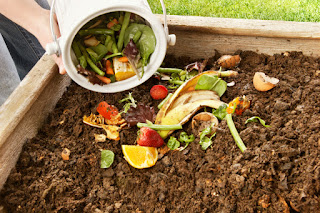Solid waste is the useless solid materials generated from human activities in residential, industrial, or commercial areas. The waste management company in Mumbai will always help you to reduce solid waste. Solid waste may be categorized in three ways. According to its:
- Origin: domestic, industrial, commercial,
construction or institutional
- Contents: glass, metal, organic material,
plastic paper, etc
- Hazard
potential: flammable,
radioactive, toxic, non-toxic, infectious, etc
Solid Waste
Management reduces the adverse impact on the environment & human health. Different
types of processes involved in effectively managing waste for a municipality
that include monitoring, collection, transport, processing, recycling, and
disposal. The waste that is generated varies mainly due to different
lifestyles, which is directly proportional to the socio-economic status of the
urban population.
Types of
Solid Waste
It is divided
into three types depending on their source:
Municipal
Solid Waste: It
includes sanitation residue, household waste, construction and demolition
debris, and waste from streets, generated mainly from residential and
commercial complexes. As per the report, it consists of Residential and
commercial waste generated in municipal or notified areas in either solid or
semi-solid form excluding industrial hazardous wastes but including treated
bio-medical wastes.
Industrial
Solid Waste: In a majority of cases it is termed as
hazardous waste as they may contain toxic substances are corrosive, highly
inflammable, or react when exposed to certain things e.g. gases.
Biomedical
waste or hospital waste:
It consists of waste like disposables, sharps, soiled waste, anatomical waste,
cultures, discarded medicines, chemical wastes, etc., basically in the form of
disposable syringes, swabs, bandages, body fluids, human excreta, etc. These
can be a serious threat to human health if not managed in a scientific and
discriminate manner.
So these are the types of solid waste. You can see these types of solid waste in your daily life. So try to minimize these solid waste. If you want more help, then contact LAHS Eco Engineering stands for a waste management company in Mumbai which produces a composting machine to decomposes the solid waste into compost.
























